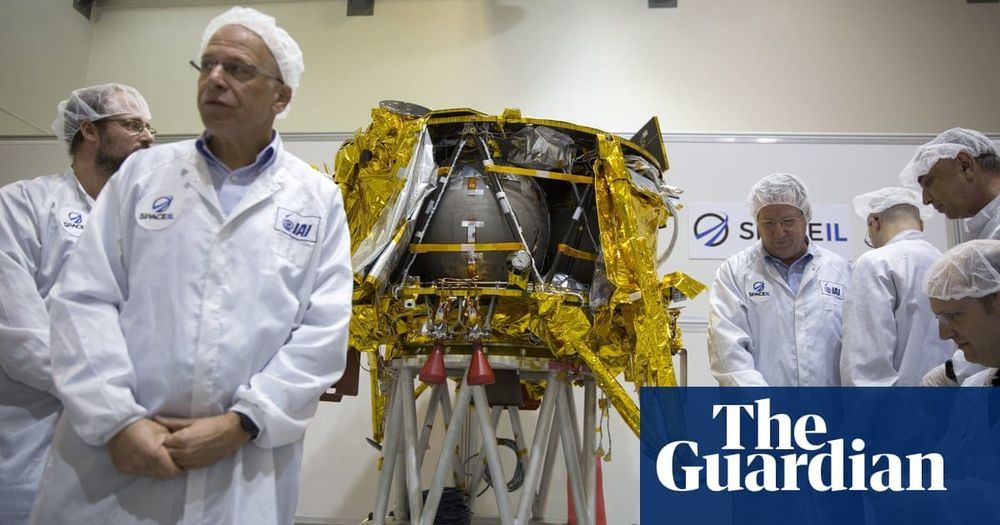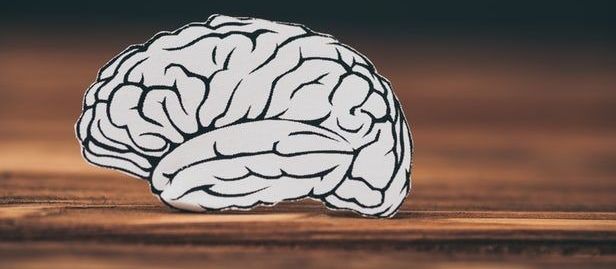Advances in artificial intelligence have led many to speculate that human beings will soon be replaced by machines in every domain, including that of creativity. Ray Kurzweil, a futurist, predicts that by 2029 we will have produced an AI that can pass for an average educated human being. Nick Bostrom, an Oxford philosopher, is more circumspect. He does not give a date but suggests that philosophers and mathematicians defer work on fundamental questions to “superintelligent” successors, which he defines as having “intellect that greatly exceeds the cognitive performance of humans in virtually all domains of interest.”
Creativity is, and always will be, a human endeavor.







